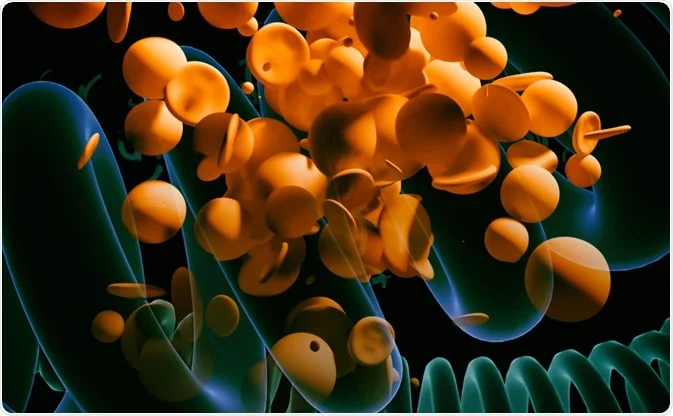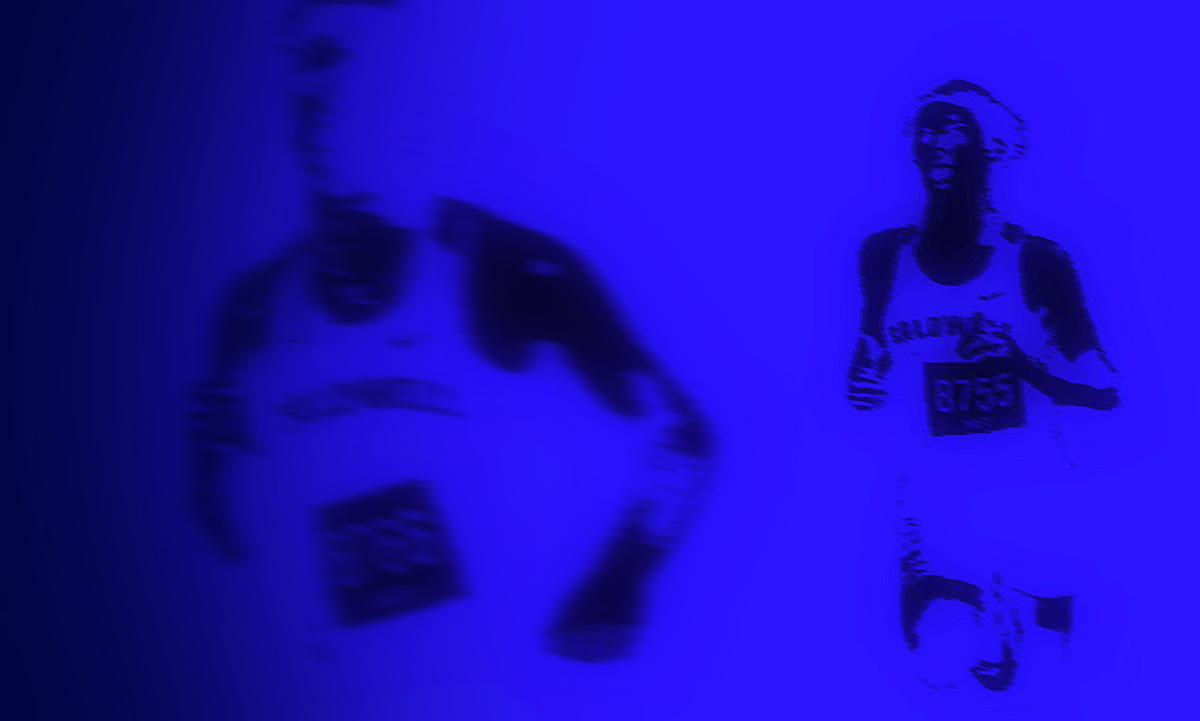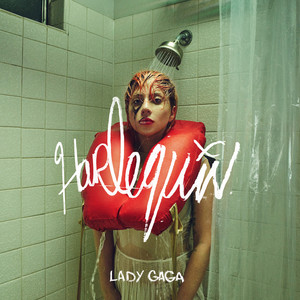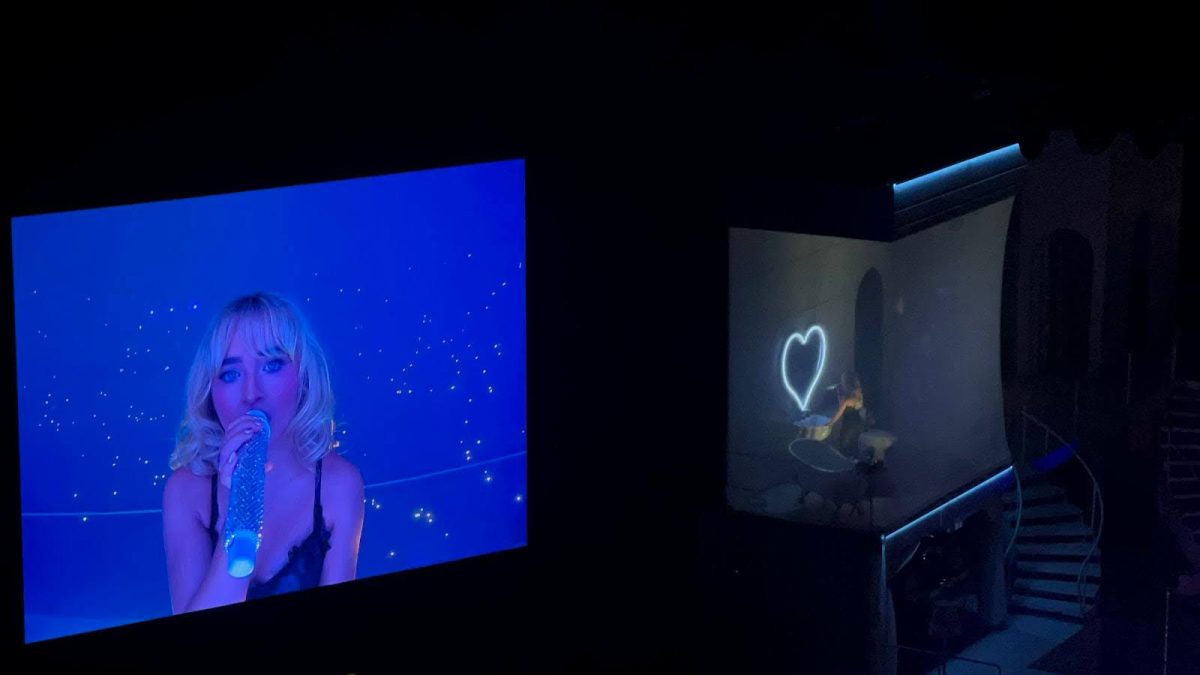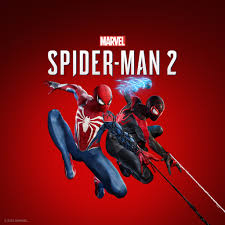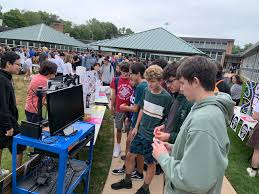Less is more. “Less” can be the ultra-defining theme of musicians that employ the listener with terrible fascination. Musicians who define their efforts under the loosely interpreted subgenre Post-Rock are often times well acquainted with the depth that less sound, less noise, and less structure give to music. Post-Rock bands derive meaning from minutiae: peaks and valleys of dynamics, the subtle character of varying timbres, repetition, and the countless ways the incorporation of texture transcends their work. These bands use guitars, strings, synths, brass, percussion, and more to devise 18 minute long instrumental tonal assaults that tower over you like monolithic apparatus.
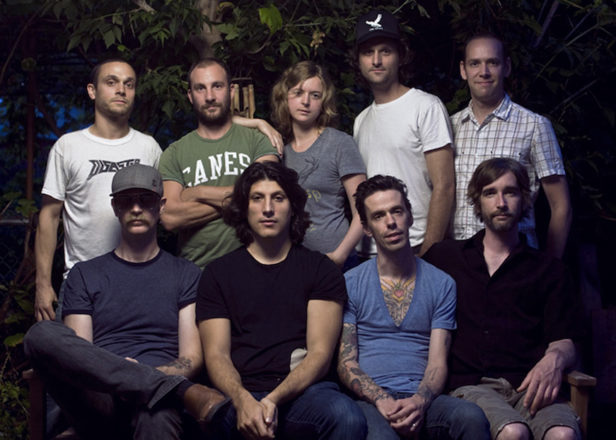
There appears a certain triteness that obnoxiously surfaces when such and such Post-Rock group copies technique from another and so on. This bogs down a very good percentage of these “crescendo-core” bands, their meaning gets obscured. For the past few months, my interest in this subgenre, that originated in the 7th grade, subsided to a good degree. My late venture on the Montreal-based Do Make Say Think’s Stubborn Persistent Illusions from last May challenged my faltering interest. The whole experience with the album that came eight years after their last was so influential that I realized that Do Make Say Think’s approach has always had this unreplicated prose devoid of stereotype. Take for instance, the 10 minute Horripilation from the latest album. This moving motif on bass sets up the track for cycling piano and guitar melodies which create this chaos for a moment, only to come to a sudden moment of quiet calm. The track then evolves for even more melodic interpretation from synth and guitar, as well as some resurfacing of already expressed melodic lines. The dual drummer force carries the album extraordinarily well, the attention-grasping flow of ideas from Bound and And Boundless are a direct result of this. The former’s emergence is thinly woven and shimmering, and it only picks up into a memorable call-and-response when the beat begins to drive it. With the latter, the same back-and-forth and gradual melodic expression philosophy applies, but the difference arises from the drums propelling the piece forward and then using them to briefly reference the melody of the former track later on. I would be remiss not to include the prominent role the guitar playing has on the shape of the album. They twist and push the opener War on Torpor to this grand apex that captivates the listener and prepares them for the rest of the album. Then the exchange and interplay of guitarists Ohad Benchetrit, Justin Small, and Charles Spearin really define later pieces like d=3.57√h (As Far As the Eye Can See) and Return, Return Again. The whole work gives off themes of time and nature that elucidate your thoughts, it’s overall feeling is monumental.
Do Make Say Think has a prose in their music that has gone through a considerable development but has nevertheless stayed an authentic backbone of the Post-Rock community. Other Truths (2009) is practically a long-winded indie rock album with a lot of heavier DMST parts coming to fruition, Goodbye Enemy Airship the Landlord is Dead (2000) is a laid-back and ambiguous experimental venture where their jazz influence is tirelessly displayed, and & Yet & Yet (2002) reminds me the most of Stubborn Persistent Illusions, only here they take less time to develop motifs and spend more time passing focus from concept to concept. There are so many overarching ways all their releases are just different perspectives of the same painting despite their significant distinctions. The tendency for the guitars to arpeggiate and build with gradually advancing form (rather than having the guitars drone on and on while layers are then added on top of them), the drumming and bass playing are their own voices altogether, as opposed to just using the two to build sections or keep steady rhythm, the eeriness of the purposeful quiet sections which often begin pieces, and the brass’s melodic input really manifest the unstructured subtle beauty of the band. While Post-Rock giants like Mogwai fall to their own limits or while Godspeed You! Black Emperor (also of Montreal, labelmates with DMST) try to hard with their abstracts and less on sound which then loses their appeal exhibited earlier in their career, Do Make Say Think is rooted. Their specifically crafted musical prose isn’t esoteric and it isn’t commonplace, they effectively define themselves and propel their ideas.




